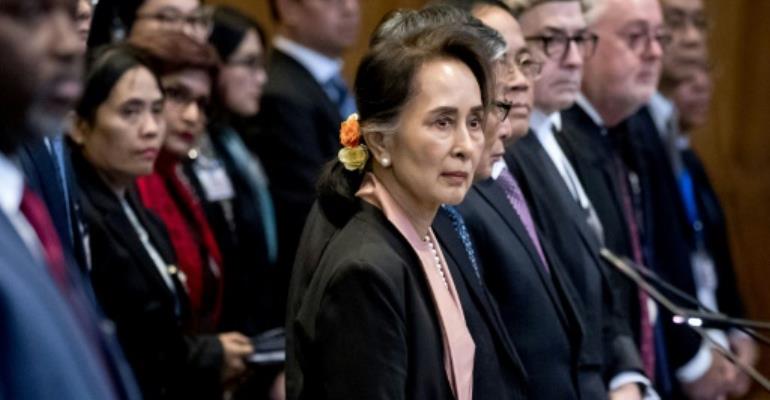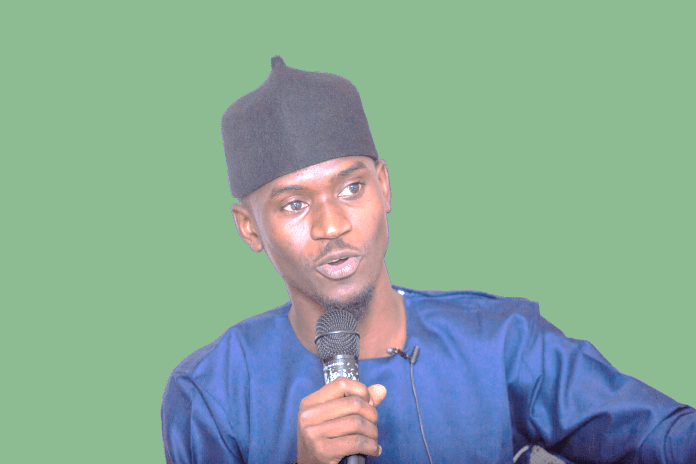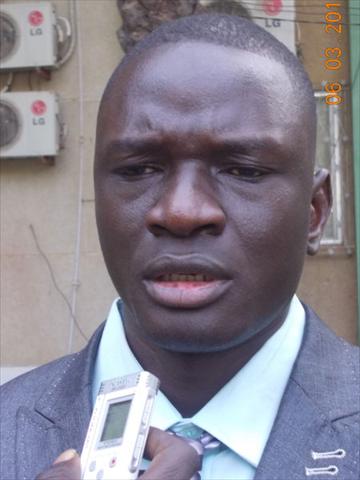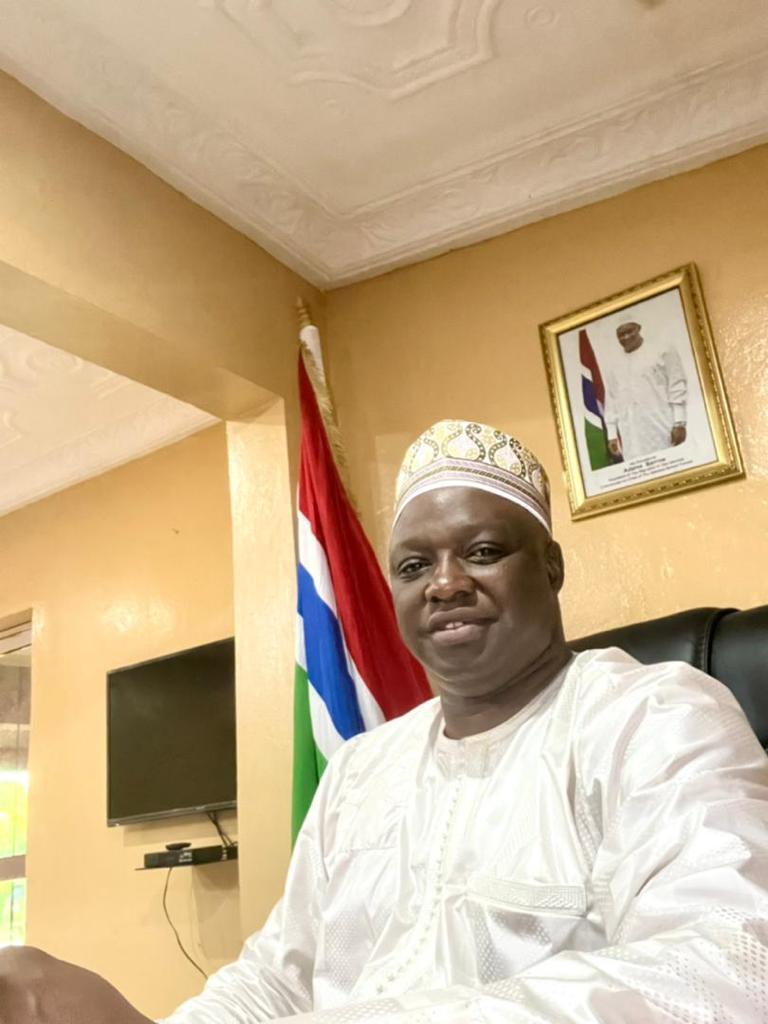The International Court of Justice will deliver its Order on the case brought before the court by the Republic of The Gambia against Myanmar on the request for the indication of provisional measures to protect the Rohingya Muslims.
The Court is expected to deliver its Order in The Hague this Thursday, 23 January. A public sitting will take place at 10 a.m. at the Peace Palace in The Hague, during which Judge Abdulqawi Ahmed Yusuf, President of the Court, will read the Court’s Order.
The Gambia requested from the ICJ during a hearing between December 10 – 12 in 2019 for the court in “Pursuant to Article 41 of the Statute of the Court, as a matter of extreme urgency, to indicate the following provisional measures, which are directly linked to the rights that form the subject matter of the dispute, pending its determination of this case on the merits.”
Its demands include Myanmar to immediately, in pursuance of its undertaking in the Convention on the Prevention and Punishment of the Crime of Genocide of 9 December 1948, take all measures within its power to prevent all acts that amount to or contribute to the crime of genocide.
The country also requested that Myanmar ensure that any military, paramilitary or irregular armed units which may be directed or supported by it, as well as any organizations and persons which may be subject to its control, direction or influence, do not commit any act of genocide, of conspiracy to commit genocide, or direct and public incitement to commit genocide, or of complicity in genocide, against the Rohingya group.
It also requested for Myanmar not to destroy or render inaccessible any evidence related to the events described in the Application, including without limitation by destroying or rendering inaccessible the remains of any member of the Rohingya group who is a victim of alleged genocidal acts, or altering the physical locations where such acts are alleged to have occurred in such a manner as to render the evidence of such acts, if any, inaccessible.
Its demands include Myanmar to immediately, in pursuance of its undertaking in the Convention on the Prevention and Punishment of the Crime of Genocide of 9 December 1948, take all measures within its power to prevent all acts that amount to or contribute to the crime of genocide.
The country also requested that Myanmar ensure that any military, paramilitary or irregular armed units which may be directed or supported by it, as well as any organizations and persons which may be subject to its control, direction or influence, do not commit any act of genocide, of conspiracy to commit genocide, or direct and public incitement to commit genocide, or of complicity in genocide, against the Rohingya group.
It also requested for Myanmar not to destroy or render inaccessible any evidence related to the events described in the Application, including without limitation by destroying or rendering inaccessible the remains of any member of the Rohingya group who is a victim of alleged genocidal acts, or altering the physical locations where such acts are alleged to have occurred in such a manner as to render the evidence of such acts, if any, inaccessible.
Its demands include Myanmar to immediately, in pursuance of its undertaking in the Convention on the Prevention and Punishment of the Crime of Genocide of 9 December 1948, take all measures within its power to prevent all acts that amount to or contribute to the crime of genocide.
The country also requested that Myanmar ensure that any military, paramilitary or irregular armed units which may be directed or supported by it, as well as any organizations and persons which may be subject to its control, direction or influence, do not commit any act of genocide, of conspiracy to commit genocide, or direct and public incitement to commit genocide, or of complicity in genocide, against the Rohingya group.
It also requested for Myanmar not to destroy or render inaccessible any evidence related to the events described in the Application, including without limitation by destroying or rendering inaccessible the remains of any member of the Rohingya group who is a victim of alleged genocidal acts, or altering the physical locations where such acts are alleged to have occurred in such a manner as to render the evidence of such acts, if any, inaccessible.





